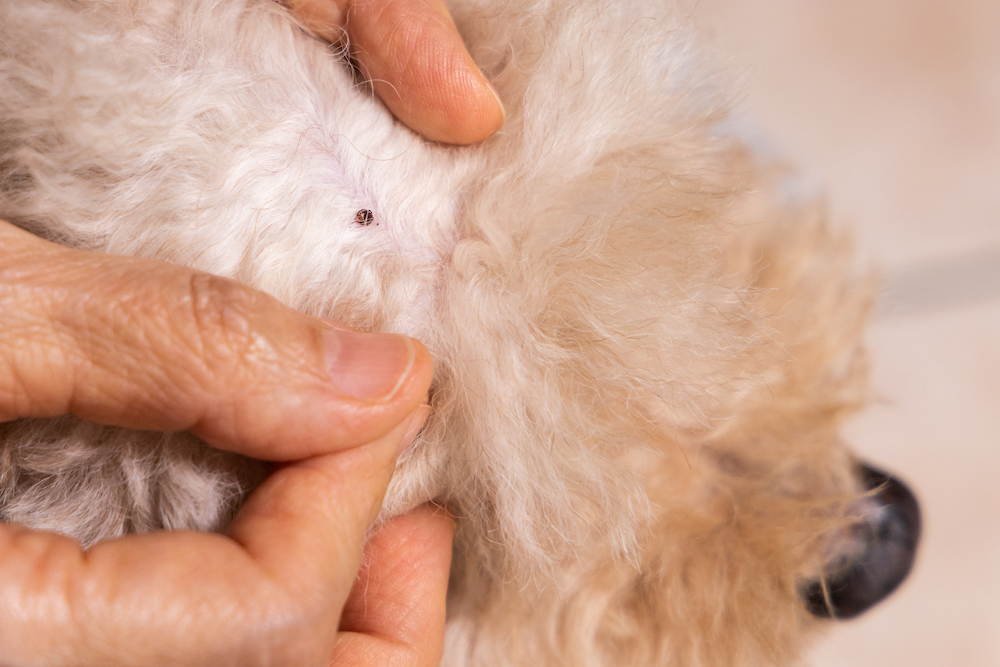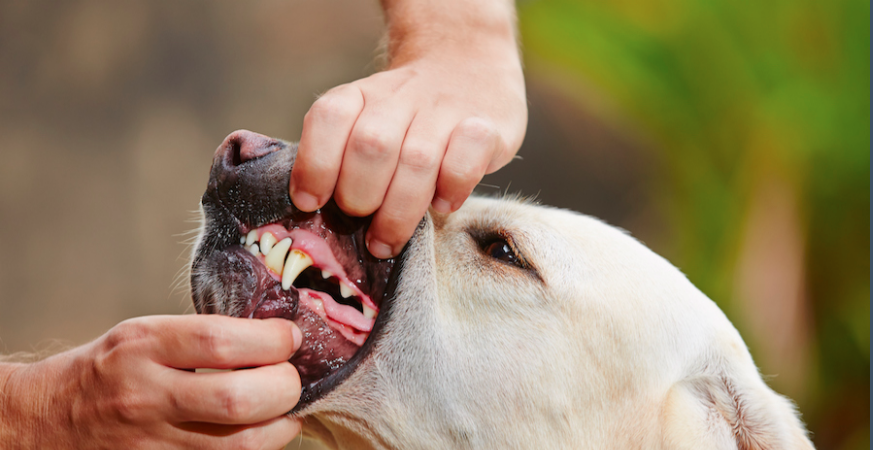Covid Virus and Cats
Dr. Hillary Segl

Recently there have been multiple news items about tigers at the Bronx Zoo in New York having the Covid-19 virus. Several reporters have incorrectly stated that “tests that could be used to save human lives are being used on cats”. This is inflammatory and just plain wrong.
The tigers were tested using a species-specific test at veterinary diagnostic labs (USDA’s National Veterinary Services Laboratory, based in Ames, Iowa; and also through Cornell University’s animal diagnostic lab). The animals probably got the disease from an inapparent carrier- that is, a zookeeper who had the virus, but showed no signs of disease yet. The tigers did exhibit mild signs of illness but are getting better. (For more, look at: newsroom.wcs.org)
The case demonstrates some points that are very important: first and foremost, “inapparent carriers”.
You can NOT see viruses, and often won’t know if you or the person next to you is infected till it’s too late. That is why social distancing is critically important, and so is basic cleanliness- hand washing, disinfecting hard surfaces, etc.
The second point is that the disease does not seem to go “back” to humans from animals. Yes, it is thought to have come via bats that were being sold for food in Chinese markets- please don’t eat bats. That’s pretty easy to follow. You have probably read about dogs and domestic cats testing positive for the Covid-19 virus. It has been cultured off a very small number of pet animals, none in the US. More importantly, it does not seem to “jump” back to humans from pets. Here is the statement made by the American Veterinary Medical Association:
"COVID-19 appears to be primarily transmitted by contact with an infected person’s bodily secretions, such as saliva or mucus droplets in a cough or sneeze.COVID-19 might be able to be transmitted by touching a contaminated surface or object (i.e., a fomite) and then touching the mouth, nose, or possibly eyes, but this appears to be a secondary route. Smooth (non-porous) surfaces (e.g., countertops, door-knobs) transmit viruses better than porous materials (e.g., paper money, pet fur), because porous, and especially fibrous, materials absorb and trap the pathogen (virus), making it harder to contract through simple touch.
Because most pet hair is porous and also fibrous, it is very unlikely that a person would contract COVID-19 by petting or playing with a pet. However, because animals can spread other diseases to people and people can also spread diseases to animals, it’s always a good idea to wash hands before and after interacting with animals; ensure the pet is kept well-groomed; and regularly clean the pet’s food and water bowls, bedding material, and toys."
Lastly, an article originating in Australia was picked up on the news services, and translated to “ivermectin can cure/prevent” Covid-19 infection. Ivermectin is a drug used by veterinarians to prevent or eliminate parasites. It is commonly found in canine heartworm preventatives. DO NOT TAKE THE DOG’S HEARTWORM MEDS! This is a very limited study, that did not fully test the drug- veterinary pharmacologists looking at the science behind this study, stated that ivermection probably will not work for covid infections.





